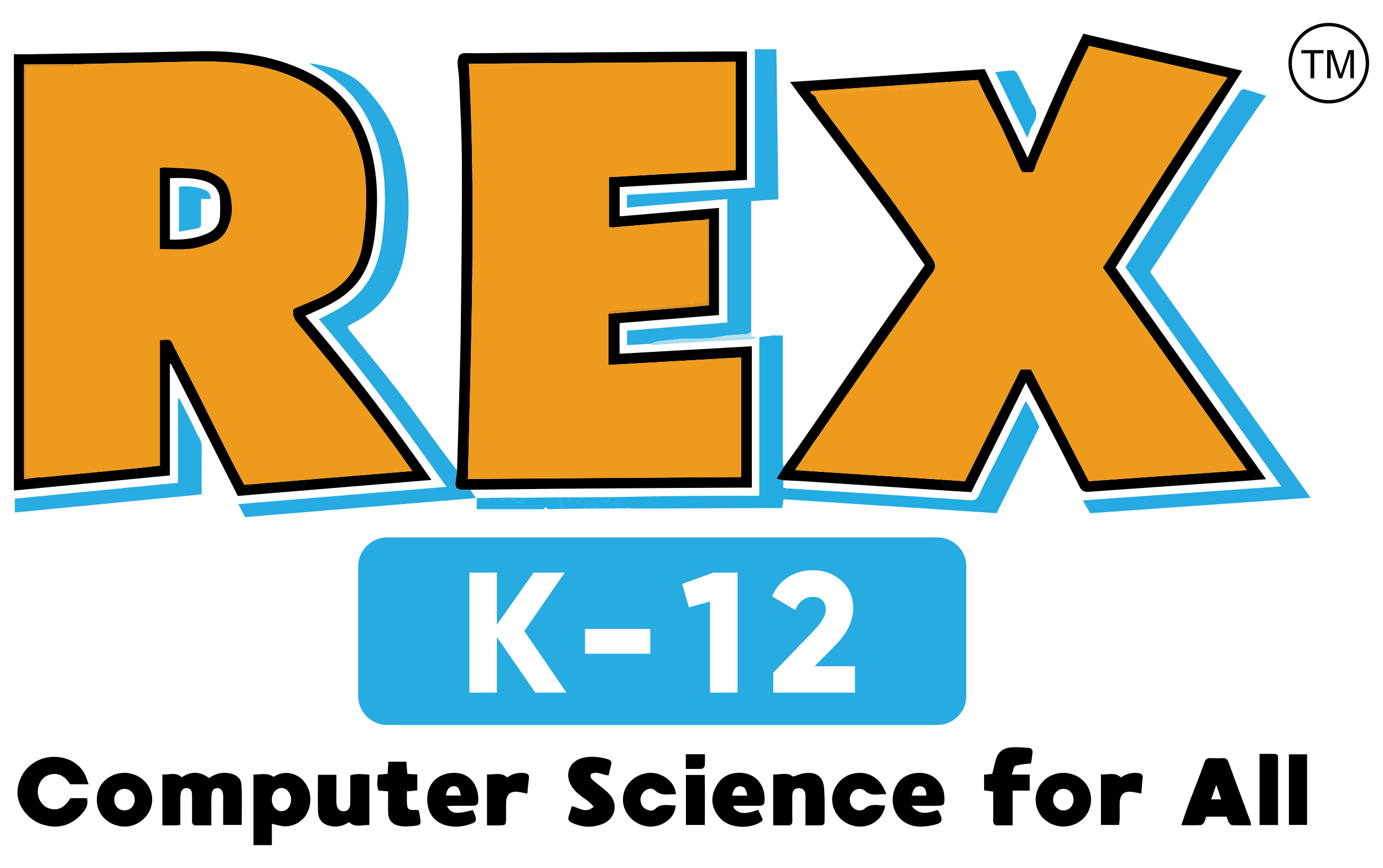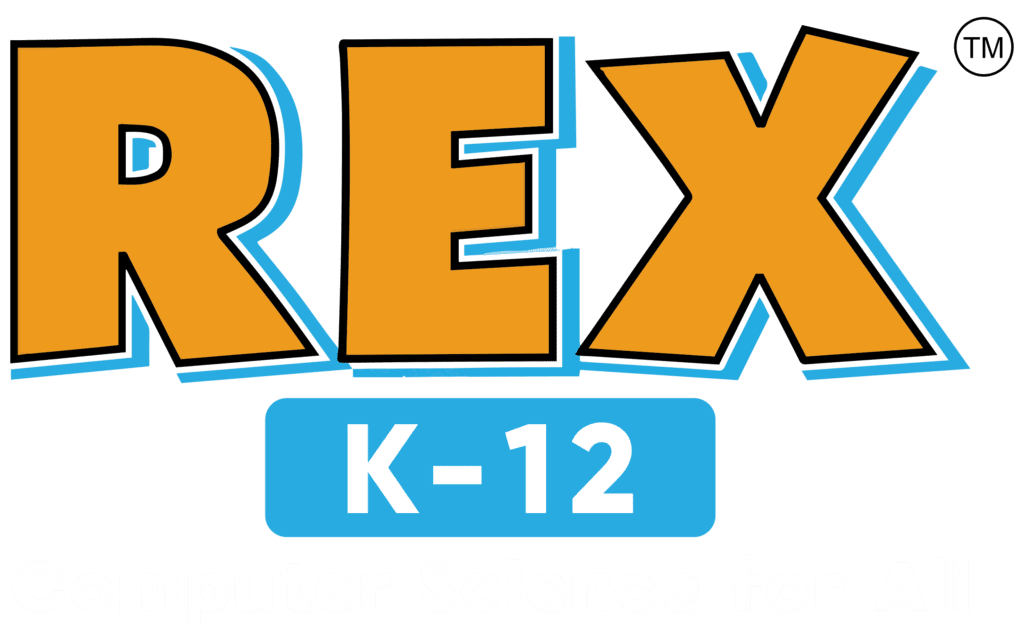What Are the Requirements to Become a Computer Science Teacher?
The demand for computer science education is rapidly increasing as technology continues to shape our world. Schools across the country are looking to hire qualified individuals who can teach K-12 computer science classes and prepare students for a future in technology. But what does it take to become a computer science teacher? Here’s a comprehensive guide to the requirements and steps involved in pursuing a career in this exciting and growing field.
1. Educational Background and Degree Requirements
To teach computer science in a K-12 setting, the foundational requirement is typically a bachelor’s degree in computer science, information technology, or a related field. Some schools may accept degrees in education with a strong emphasis on computer science coursework. Having a solid understanding of computer science principles and practical skills is crucial for effectively delivering the K-12 computer science curriculum.
2. Teacher Certification and Licensure
In addition to a relevant degree, becoming a computer science teacher usually requires obtaining a state teaching license or certification. This process varies by state but generally involves completing a teacher preparation program and passing a series of exams. These exams assess knowledge in computer science as well as general teaching skills. For those aiming to teach advanced courses, such as an Advanced Placement Computer Science Exam Preparation Course, additional certifications or endorsements may be required.
3. Gaining Practical Teaching Experience
Hands-on experience is invaluable for aspiring computer science teachers. This can be gained through student teaching programs, internships, or by working as a teaching assistant. These opportunities provide practical experience in lesson planning, classroom management, and student assessment. They also help in understanding how to adapt the K-12 computer science curriculum to different learning styles and levels.
4. Staying Current with Technological Advances
The field of computer science is constantly evolving, and teachers must stay up-to-date with the latest trends and technologies. Engaging in continuous professional development is essential. This could include taking courses on new programming languages, learning about emerging fields like artificial intelligence through an AI curriculum, or attending workshops and conferences focused on computer science education. Keeping skills current ensures that educators can provide students with relevant and up-to-date knowledge.
5. Pursuing Advanced Education and Specializations
For those looking to advance their careers or specialize further, pursuing a master’s degree in computer science or education can be beneficial. Advanced degrees often open up opportunities for teaching higher-level courses or for roles in curriculum development and educational leadership. Specializing in areas such as cybersecurity, data science, or artificial intelligence can also enhance teaching credentials and align with high school computer science career professional certification pathways.
6. Building a Diverse Skill Set
Effective computer science teachers need a diverse skill set that goes beyond technical knowledge. Strong communication and organizational skills are crucial for managing a classroom and conveying complex concepts in an accessible way. Creativity and problem-solving abilities help in designing engaging lessons that can inspire students. Developing these skills can make a significant difference in the quality of education provided.
7. Engaging in Continuous Professional Development
Professional development is an ongoing process for all educators, and computer science teachers are no exception. Many organizations offer workshops, seminars, and training sessions specifically designed for computer science education. These opportunities allow teachers to learn new teaching strategies, stay informed about changes in educational standards, and connect with other professionals in the field. Regular professional development ensures that teachers are equipped to deliver a high-quality K-12 computer science curriculum and prepare students for advanced studies and careers.
8. Considering Alternative Pathways and Certifications
For individuals who may not have a traditional background in education, there are alternative pathways to becoming a computer science teacher. Many states offer alternative certification programs for professionals transitioning from the tech industry. These programs typically include accelerated training and allow individuals to start teaching while completing certification requirements. Additionally, earning industry-recognized certifications can enhance a teacher’s qualifications and provide valuable expertise in specialized areas of computer science.
9. Partnering with Educational Organizations
Many educational organizations, like those that offer resources for teaching K-12 computer science classes, provide support for aspiring computer science teachers. These organizations can offer training, resources, and even placement opportunities to help teachers succeed in their roles. Partnering with such organizations can be a valuable step in the journey to becoming a computer science teacher.
Ultimately, becoming a computer science teacher involves a combination of education, certification, and practical experience. By meeting these requirements and continuously developing their skills, individuals can embark on a rewarding career that helps shape the future of technology education. Whether aiming to teach a comprehensive K-12 computer science curriculum, prepare students for the Advanced Placement Computer Science Exam, or specialize in emerging fields like artificial intelligence, the role of a computer science teacher is vital in preparing students for the challenges and opportunities of the digital age.














